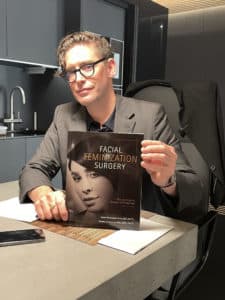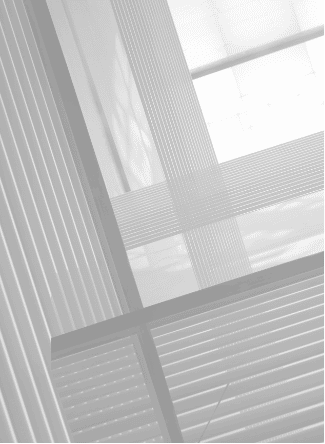What Is Jaw Augmentation Surgery?
Jaw augmentation, also known as mandibular augmentation, is a surgical procedure that balances the appearance for the jaw with the other facial features. Often, it can be used to create a more masculine appearance or to correct facial trauma due to an injury or accident. Jaw augmentation typically creates a more angular and defined jaw, improving a so-called “weak” chin. The procedure may be used as part of a facial masculinization surgery.
Who Is a Candidate for Jaw Augmentation Surgery?
So long as they are generally healthy, patients seeking a more masculine, defined jawline are candidates for jaw augmentation. This includes FTM patients seeking facial masculinization surgery.

Read Our Book
The wait is over! Dr. Deschamps-Braly’s new book “Facial Feminization Surgery: The Journey to Gender Affirmation” is back and available now. This second edition covers the advances in facial feminization as well as helpful patient stories and is a great resource for FFS patients and their loved ones.
LEARN MOREHow Is Jaw Augmentation Performed?
Jaw augmentation is performed under general anesthesia. During surgery, an incision is made inside the patient’s mouth, through which implants are placed. These implants are tailored to the patient to create their desired jawline and profile shape. An implant is placed flush against the jawbone and attached using titanium screws, with identical implants inserted on either side of the jaw. The incision is then closed using dissolvable sutures.
Jaw augmentation is often performed in combination with chin augmentation to create the most balanced facial features.
Recovery From Jaw Augmentation
Patients can expect swelling after their jaw augmentation, which is typically at its worst 24-48 hours post-surgery. Some residual swelling may persist for several weeks or more, meaning that final results will not be visible until about a month after the procedure. Patients will need to rest for about a week before returning to work, school, or other daily activities. In addition, limited ability to talk, smile, or move the mouth freely may be possible while healing.
Because incisions are made inside the mouth, there are no visible scars resulting from jaw augmentation.



